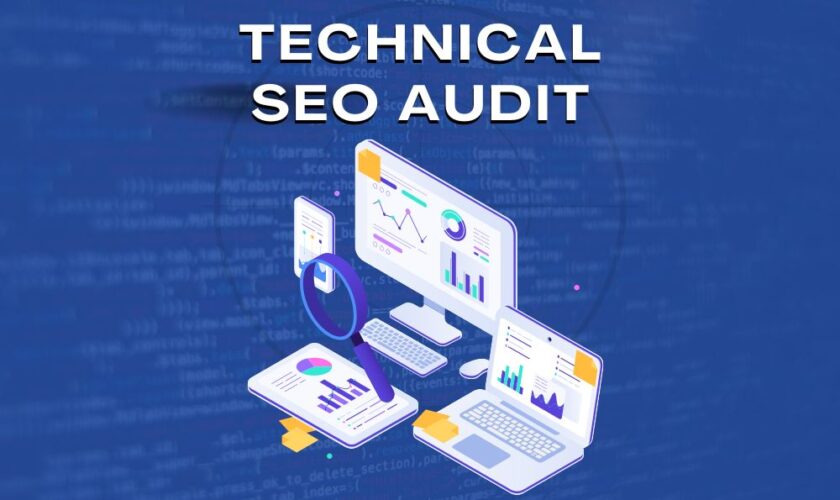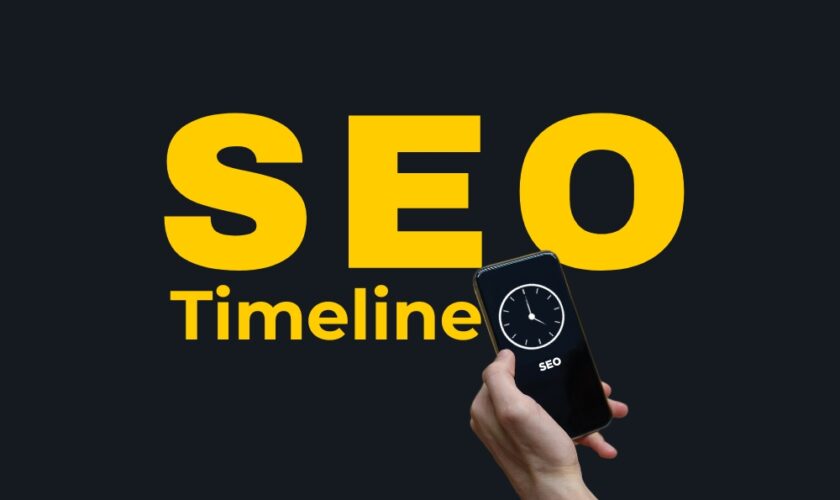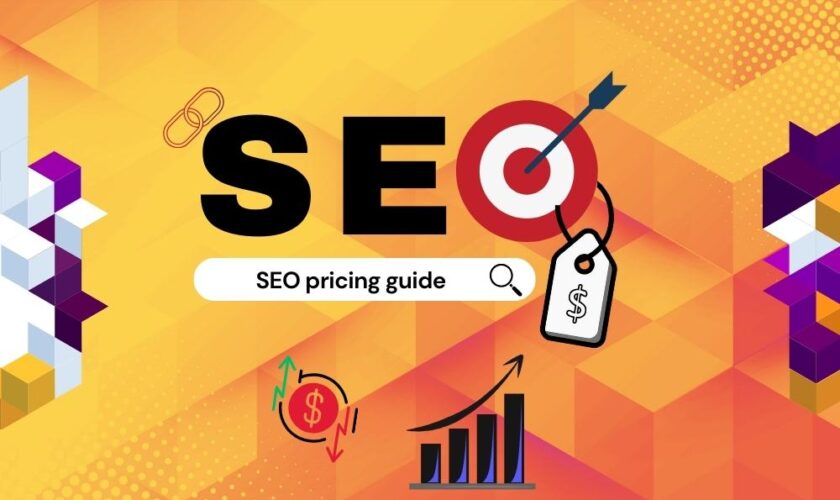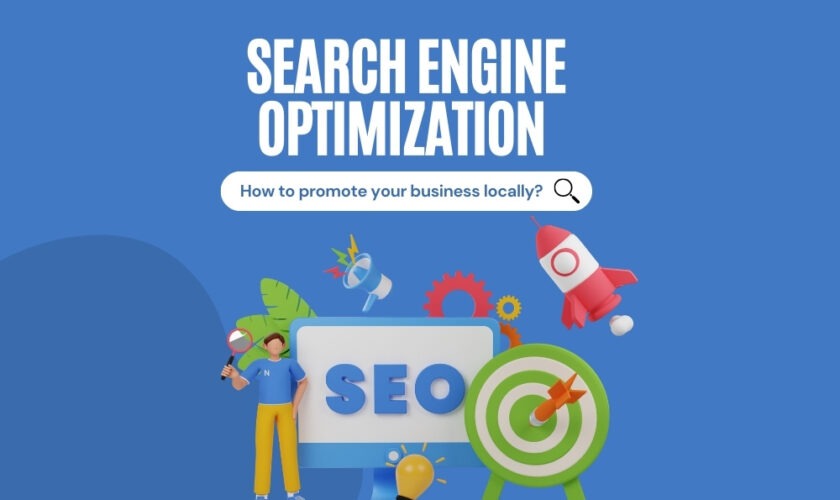To stay ahead of the curve in 2024 and the dynamic world of search engine optimization (SEO), it’s super important to have a solid technical SEO foundation to achieve success for your website. Considering that content and user experience are the keys to unlocking your website’s potential, it is equally important to pay attention to the technical aspects that can limit your website’s visibility and engagement. With a balanced approach to SEO’s technical and non-technical elements, you can achieve outstanding results and realize your website’s full potential.
Here’s a comprehensive technical SEO audit checklist to ensure your website is optimized for both search engines and users. This SEO audit checklist is designed to thoroughly audit your website and provide a detailed seo site analysis, ensuring that every aspect of your site is scrutinized through a technical SEO lens. By following this SEO website audit, you’ll be equipped to enhance your site’s performance and user experience. Feel free to drop a comment and me know in case I missed anything important.
Table of Contents
Technical SEO Audit for Crawlability and Indexing
- Robots.txt: It’s essential to ensure that the information you provide accurately represents the pages you want search engines to crawl and index. This verification will help optimize your website for search engines and display content to your audience.
- Sitemap: It is essential to regularly submit an updated XML sitemap to popular search engines such as Google and Bing. Keeping your site maps up to date allows search engines to crawl and index the pages on your website quickly, ultimately improving your website’s visibility and search engine ranking.
- Broken Links: One effective strategy to enhance website usability and search engine optimization is to fix broken internal and external links. This involves utilizing tools such as Screaming Frog or Semrush to identify broken links and then repairing them. By doing so, users can easily navigate the site, and search engines can crawl the site without any hindrance, resulting in improved rankings and better user experience.
- Canonicalization: It’s important to use canonical tags to avoid any potential issues regarding duplicated content on your website; these tags help search engines understand which version of a page is the primary one and should be indexed, thereby voiding any negative impact on your search engine rankings.
- Mobile-Friendliness: To ensure that your website is mobile-friendly, it is advisable to use The mobile core vitals located inside the Google Search Console. This free tool is designed to evaluate your website’s performance on mobile devices and provide actionable insights to optimize its user experience for mobile users. By optimizing your website for mobile devices, you can ensure that it is easily accessible and navigable on a wide range of smartphones and tablets, leading to better engagement, higher conversion rates, and improved search engine rankings.
- Structured Data: One effective way to improve the visibility of your website in search engine results is to implement schema markup. Schema markup is a type of structured data that allows search engines to understand your website’s content better. By providing rich information about your content, such as the type of content, author, date published, ratings, and reviews, you can enhance the appearance of your website in search results and attract more organic traffic.
Technical SEO Audit for Performance and Speed
- Page Speed: Loading speed is crucial; you can use tools like Google PageSpeed Insights and GTmetrix. These tools can provide you with detailed insights into the performance of your website, highlighting areas that need improvement. By analyzing these reports, you can identify issues that might be causing slow loading times and take appropriate actions to enhance the speed and performance of your website.
- Image Optimization: Optimizing images is one of the best ways to improve website performance. By reducing the size of your pictures, you can enhance your user experience, minimize bandwidth usage, and improve your website’s SEO performance. Compress images without compromising quality.
- Minify & Combine Files: Optimize the size of your CSS, JavaScript, and HTML files to speed up their loading time on your website or application. This will improve the user experience by reducing the wait time and providing a faster and smoother browsing experience.
- Server Response Time: Improve the performance of your website by optimizing your hosting settings to achieve faster response times. Hosting platforms may differ, so you may have to work with the hosting company to review this.
- AMP (Accelerated Mobile Pages): One way to improve your mobile website’s loading speed is by implementing AMP (Accelerated Mobile Pages) technology. AMP will load your website’s pages much faster on mobile devices, providing a better user experience and improving your website’s search engine rankings.
User Experience and Technical SEO Audit
- Core Web Vitals: Keeping track of certain metrics ensures your website provides a seamless user experience. These include Largest Contentful Paint (LCP), which measures how quickly the largest element on the page loads; First Input Delay (FID), which measures how long it takes for the website to respond to user input; and Cumulative Layout Shift (CLS), which measures how much the layout of the website changes as it loads. By focusing on these metrics, you can optimize your website’s performance and provide your users with a smooth and enjoyable browsing experience.
- Internal Linking: It is essential to establish a well-structured internal linking architecture to enhance user experience and make it easier for search engines to crawl and index your website; this entails linking pages within your website to each other in a logical and organized manner, allowing users to easily navigate through your site and find the information they need. By doing so, you can also improve the overall SEO performance of your website, making it easier for search engines to understand the relationships between different pages and content on your site.
- Structured Navigation: It is important to create menus that are easy to understand and follow. The structure of the menus should be clear and logically organized, so that users can easily find what they are looking for. Additionally, implementing breadcrumb navigation can help users keep track of their location within the website or application, providing a sense of orientation and making it easier to backtrack or explore related content.
- Mobile Menu: To provide a seamless user experience, it is essential to ensure that your website’s menu is functional, visually appealing, and easy to navigate on mobile devices. As more and more users access websites through their smartphones and tablets, optimizing your menu’s design for smaller screens and touch-based interactions is crucial. So, ensure your menu is optimized for mobile devices to enhance user experience and keep your visitors engaged.
- Accessibility: It’s important to ensure that your website complies with the Web Content Accessibility Guidelines (WCAG) to ensure that users of all abilities can access and navigate your website effectively. Therefore, it’s recommended to perform a thorough accessibility audit to identify any barriers that may exist and take the necessary steps to make your website accessible to everyone.
Security and HTTPS
- HTTPS: Implement HTTPS encryption on your website to ensure secure browsing for your users. HTTPS encryption ensures that the communication between the user’s browser and your website is encrypted and cannot be intercepted by third-party attackers. Along with providing security, HTTPS encryption also helps improve your website’s search engine ranking, thus increasing your visibility and traffic. Therefore, ensuring that your website uses HTTPS encryption for security and SEO benefits is crucial.
- SSL Certificate: Using a valid and up-to-date SSL certificate from a trusted authority is crucial to ensure secure communication between your website and its visitors. An SSL certificate encrypts the data transferred between the web server and the browser, protecting it from potential threats such as hacking, data breaches, and cyber-attacks. By obtaining an SSL certificate from a reputable provider, you can establish trust with your visitors and enhance the security of your website. Learn about the top reasons for getting an SSL Certificate.
- Mixed Content: You must address any instances of mixed content on your website, where non-secure HTTP resources are being loaded on a secure HTTPS page. This can cause security warnings on your site and may negatively impact user experience. Therefore, it is important to ensure that all resources, such as images, scripts, and stylesheets, are loaded using secure HTTPS URLs only.
- Malware Scan: It’s important to perform routine scans on your website to check for any potential malware and security vulnerabilities. Doing this can help ensure that your website remains safe and secure for you and your users. Without regular scans, you risk leaving your website vulnerable to cyber attacks, which can lead to serious consequences such as data breaches, compromised user information, and damage to your reputation. So, make sure to prioritize website security and take the necessary steps to keep your website protected.
Additional Tips
- Stay Updated: If you are using a CMS (content management system), it’s essential to ensure that all plugins and themes are always up-to-date to prevent security vulnerabilities. Installing the latest updates can help protect your website from potential attacks, data breaches, and other security risks. Don’t forget to regularly check for and install any available updates to keep your website secure and protected.
- Monitor & Analyze: To ensure your website is performing optimally, it’s important to keep a close eye on any technical SEO issues that may arise. One way to do this is by utilizing tools like Google Search Console. Not only does this tool help you identify any SEO-related problems, but it also allows you to track your progress over time. By staying on top of technical SEO issues, you can improve the overall user experience and boost your website’s visibility in search results.
- Prioritize: When dealing with a list of tasks or issues, it’s important to prioritize and tackle the most crucial ones first. This will help ensure that the most pressing matters are addressed and resolved in a timely manner while also giving you a sense of progress and forward momentum. Once the top items have been taken care of, you can then move on to the less urgent or important ones, knowing that you’ve already made significant headway. So take a deep breath, focus on what matters most, and work your way down the list one step at a time.
- Seek Professional Help: In case you are facing difficulties with optimizing your website for search engines, it might be a good idea to consult with a seasoned SEO expert who can provide valuable guidance and support to help you improve your rankings and drive more traffic to your site.
Always keep in mind that to establish a strong online presence, it is crucial to prioritize technical SEO. This involves optimizing the technical aspects of your website to facilitate search engine crawling and indexing of your pages. By following a comprehensive checklist seo and staying vigilant about the technical health of your website, you can lay a solid foundation to attract both search engines and users, and achieve your business goals. However, keep in mind that technical SEO is not a one-time task but rather a continuous process that requires ongoing technical audits and adaptation to stay ahead of the ever-changing search algorithms. Stay updated, keep refining your strategy, and stay ahead of the curve.











